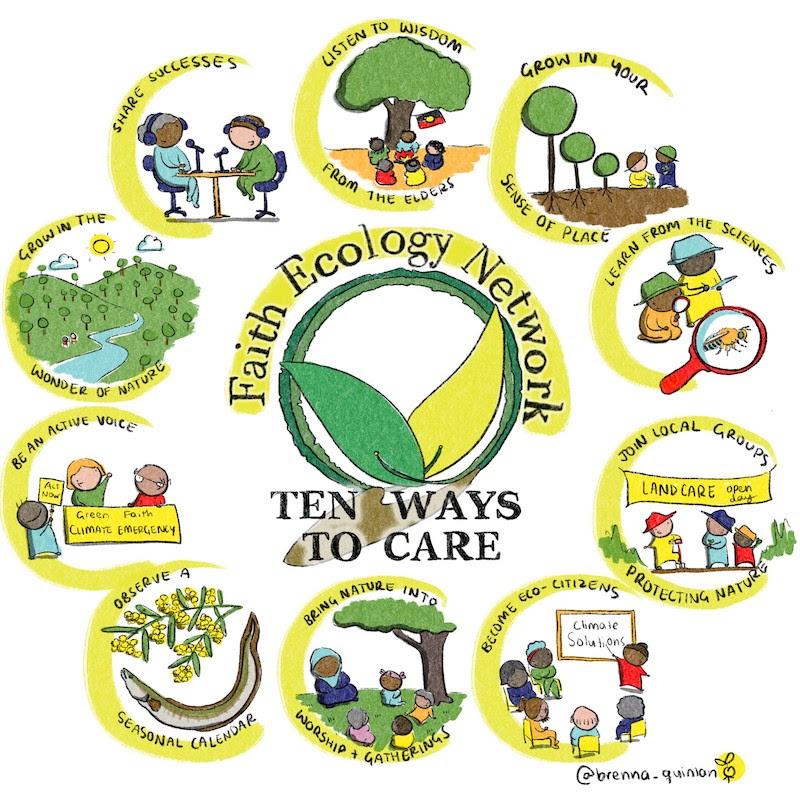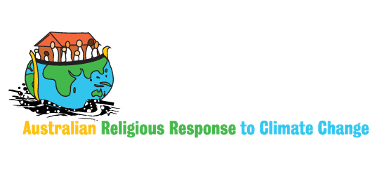Environmental Integrity
Excerpts from a FEN blog by Sandra Nichols from the Brahma Kumaris community and FEN Planning Team Member.
Applied to the environment, integrity means keeping ecosystems intact and applying our moral principles, which means valuing all forms of life equally.
An ecosystem is a biological community of interacting organisms, such as plants and animals and their physical environment……Niche species work together for the benefit of the whole.
Our First Nations people managed ecosystems sustainably for many thousands of years…..Regrettably, much of this knowledge and environmental integrity has either been lost or ignored over the years since European settlement.
We live in a world where intact ecosystems are becoming rarer and rarer with each passing day.
There is also a lack of knowledge about the complexity of ecosystems and their importance for maintaining life on Earth as we know it. Scientists are still discovering new species and the role they play in ecosystem health.
Key indicators for the loss of environmental integrity include the loss of species. Australia has the highest extinction rate of mammals of any country in the world.
It is encouraging to know, however, that some acts to maintain or improve environmental integrity can work.
We need to respect the environment as essential for our wellbeing down to the level of each animal and plant….Personal integrity is essential so that others can trust you to lead them in the right direction towards environmental integrity…..We also need to spend time communing with nature.

Earthkin Events 2024
By Valda Dickensen, Parramatta Sisters of Mercy Earthkin Project. Earthkin is a network committed to loving, reverencing and celebrating the Earth Community.
Online Earthkin events for 2024 will feature aspects of the 10 ways Faith Groups Care for Biodiversity. Please put these dates in your diary:
-
Feb 24 – Listening to Elders - (Ancestral Grace with Diarmud O’Murchu from Ireland. Join via ZOOM here: https://olmcparra.zoom.us/j/81343984836)
-
April 13 – Learn from Science – Citizen Science – (What we can do - Platypus Talk with Sue Martin and Streamwatch, Jessica Lumbroso)
-
June 8 – Nature and Worship (with Kathleen Deignan and Libby Osgood).
-
August 24 –Local Groups – (Community Gardens, Ecological Justice Hub Brunswick, Landcare with Anne Lanyon, Sally Neaves, Permaculture, learning from eco-warriors)
-
October 19 – Be an Active Voice – (Pacific Young Voices, Australians being good neighbours to climate refugees, Timor/New Guinea, COP31)

Feeding Wild Birds
From Birdlife Australia
Is it ok to feed our wild birds?
Feeding wild birds is a controversial issue, especially in Australia. In some countries, it’s actively encouraged – but in Australia, official advice from councils, environment departments and conservation and wildlife rescue groups warns against the dangers of feeding wild birds. In Western Australia, it’s even illegal to feed native fauna, including birds, without a licence.
Still, millions of well-meaning Australians continue to enjoy feeding the birds in their backyard. Unfortunately, many don’t realise that feeding wild birds can do more harm than good for our feathered friends – and if done incorrectly, can lead to serious problems including malnutrition, disease and unbalanced populations.
Learn More at https://birdlife.org.au/a-guide-to-feeding-wild-birds-in-australia/












